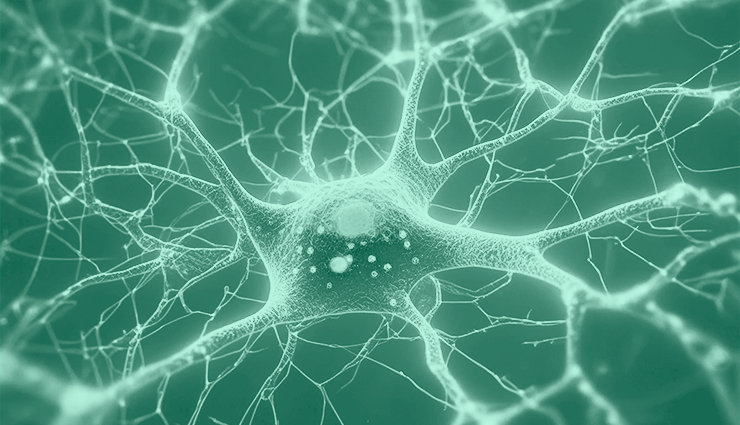Hereditary ataxias (neuro-psychiatry)

How can we help you?
Non-obligation guidance
What is it?
Hereditary ataxias (HA) are a group of neurodegenerative diseases of genetic origin affecting the central nervous system, mainly the cerebellum and the spinocerebellar pathways. They are characterised by progressive motor incoordination (ataxia), which may be accompanied by other symptoms such as dysarthria, tremor, nystagmus, dysphagia, balance problems and, in some cases, intellectual disability.
What is their cause?
HAs are caused by mutations in genes encoding essential proteins for the development and function of the nervous system. More than 50 different genes associated with HA have been identified, each with a specific inheritance pattern (autosomal dominant, autosomal recessive or X-linked).
What is their incidence?
HAs are a group of rare diseases, with an estimated overall incidence of 1-5 cases per 100,000 people. However, the incidence of some specific HAs may be higher in certain populations.
How is it diagnosed?
Diagnosis of HA is based on clinical evaluation of the patient, including family history, physical examination and specific neurological tests. Complementary tests may be performed, such as
- Brain and spinal magnetic resonance imaging (MRI): to detect cerebellar atrophy and other central nervous system abnormalities.
- Electroencephalography (EEG): to rule out other causes of ataxia.
- Genetic analysis: to identify the specific genetic mutation responsible for the disease.
How this study helps the medical specialist?
The study of HAs helps the medical specialist to:
- Confirm the diagnosis of the disease.
- Determine the type of hereditary ataxia and its pattern of inheritance.
- Predict the evolution of the disease.
- Offer genetic counselling to the patient's family.
- Identify possible treatment options.
In which cases is it indicated?
The genetic study of HAs may be useful to:
- Confirm the diagnosis in patients with clinical symptoms suggestive of hereditary ataxia.
- Identify asymptomatic carriers of the genetic mutation.
- Offer genetic counselling to affected families.
- Assist in the development of new therapies for HA.
Author: Dr Belén Lledó